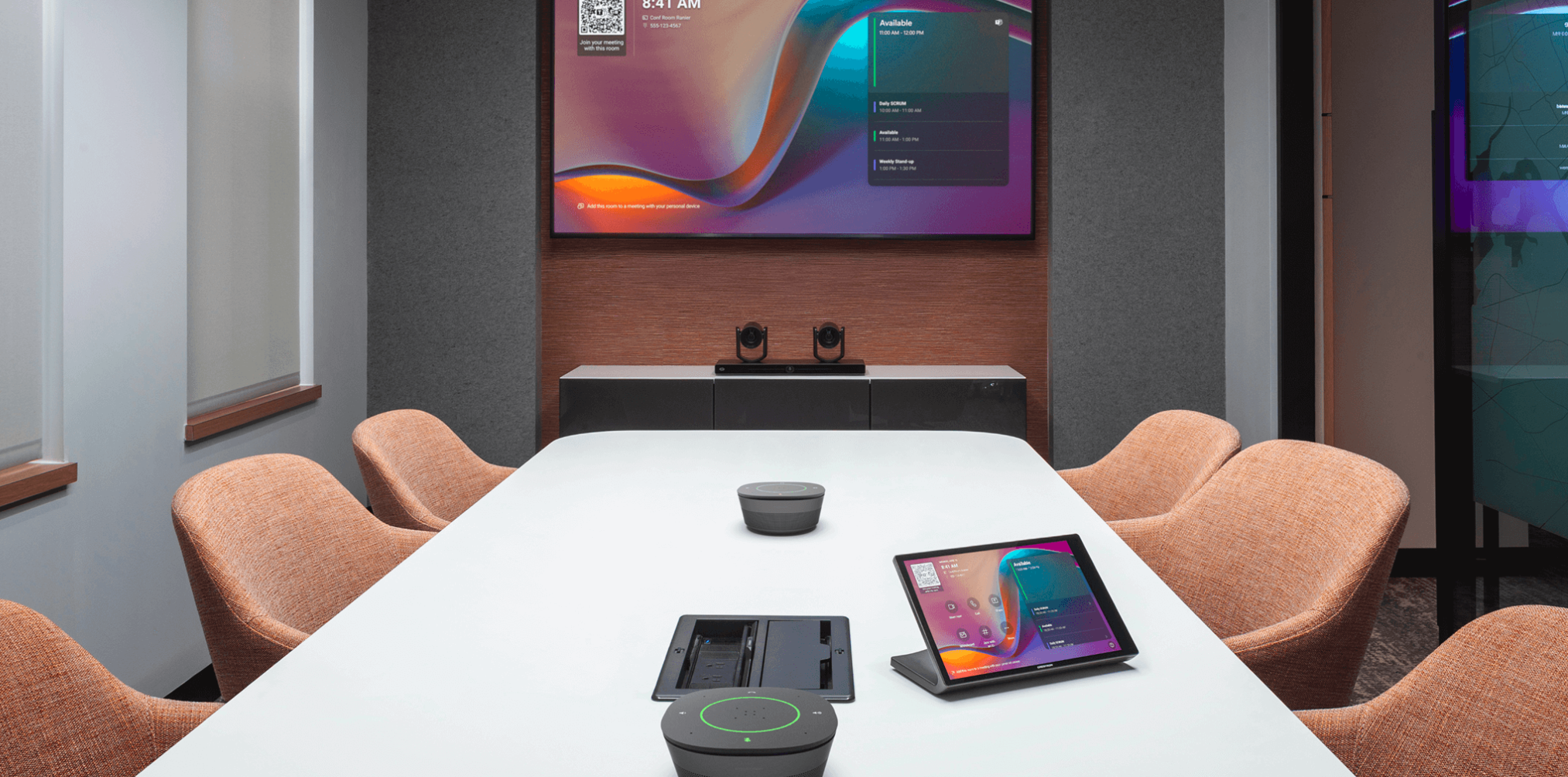Ruckus Offers Secure Hotspot Smart Wi-Fi Upgrade
A daily selection of features, industry news, and analysis for AV/IT professionals. Sign up below.
You are now subscribed
Your newsletter sign-up was successful
Ruckus Wireless, Inc. has unveiled a Smart Wi-Fi technology called Secure Hotspot that automatically helps protect open Wi-Fi communications for users without manual configuration of their devices.
Based on Ruckus-patented Dynamic Pre-Shared Key (Dynamic PSK) and using Ruckus proprietary Zero IT Activation technologies, Secure Hotspot allows an operator or enterprise to offer secured encrypted access to public network Wi-Fi services by automatically configuring each device with the requisite Wi-Fi network information along with a unique pre-shared key—all without user involvement.
Among the first users, UCOPIA Communications, a leader in mobility and network security solutions in France, has experienced the benefits of Ruckus Secure Hotspot technology.
“Secure Hotspot technology gives us an incredibly simple, scalable and more secure way to offer safer hotspot access without users having to do anything. This is a huge win for everyone,” said Didier Plateau, founder and CEO of UCOPIA. “The best part is that Secure Hotspot is a free software service within our existing Ruckus gear that allows our customers to differentiate themselves from the myriad of other hotspot services floating around.”
According to a recent industry report from the Wireless Broadband Alliance (WBA) and Informa Telecoms & Media, the number of public hotspots worldwide is expected to more than double from 2.1 million in 2012 to nearly 6 million in 2015. But while hotspot traffic is growing, so are identity theft, fraud and other criminal activities that can be made possible through access to unencrypted confidential information. Users are becoming more aware and more fearful that their communications at open hotspots could be compromised.
While most businesses with a knowledgeable IT staff will take the time to secure their internal wireless infrastructure with suitable encryption techniques, most public hotspots are not encrypted or protected in any way. This means that users are potentially vulnerable to attacks or confidentiality breaches. This is also a major problem for enterprises with limited IT staff that want to offer safer guest access but don’t have the time or expertise to implement robust wireless security. Authentication (i.e., who is the user and what is the device) and encryption (data protection) are the two primary security items that need to be addressed.
Ruckus Secure Hotspot technology completely changes and protects a user’s hotspot experience. With Secure Hotspot, when a user connects to an open Wi-Fi network they are presented with an option to establish a protected connection. If the user agrees, the Ruckus ZoneDirector WLAN controller automatically generates a unique, 63-character pre-shared key that is bound to that specific user’s device.
A daily selection of features, industry news, and analysis for tech managers. Sign up below.
Using Ruckus Zero IT Activation capabilities, the dynamically generated pre-shared key is then combined with the requisite Wi-Fi configuration setting and is automatically made available to be installed within the user’s device through a small, temporary applet. Based on this installed configuration and pre-shared key, the user’s device can then use encrypted Wi-Fi network communications without the user having to select or enter any wireless configuration information.
With Ruckus Secure Hotspot technology, network access can be easily deactivated when a user leaves, new keys can be generated periodically as needed, and the technology is configurable per wireless LAN.
At the heart of Secure Hotspot is Ruckus-patented Dynamic Pre-Shared Key technology. Once enabled for the entire system, a new user simply connects to the network and authenticates to the Ruckus ZoneDirector WLAN controller (as described above). iOS, Android and other mobile devices can be authenticated through the same process. This information can also be checked against any standard back-end authentication (AAA) server such as Active Directory, RADIUS, LDAP or an internal user database on the ZoneDirector.
Ruckus Secure Hotspot technology can revolutionize open hotspot security. Public Wi-Fi providers and businesses can continue to offer easy to use “open” SSIDs for Internet access while users will receive automated encrypted connections.
The AVNetwork staff are storytellers focused on the professional audiovisual and technology industry. Their mission is to keep readers up-to-date on the latest AV/IT industry and product news, emerging trends, and inspiring installations.
